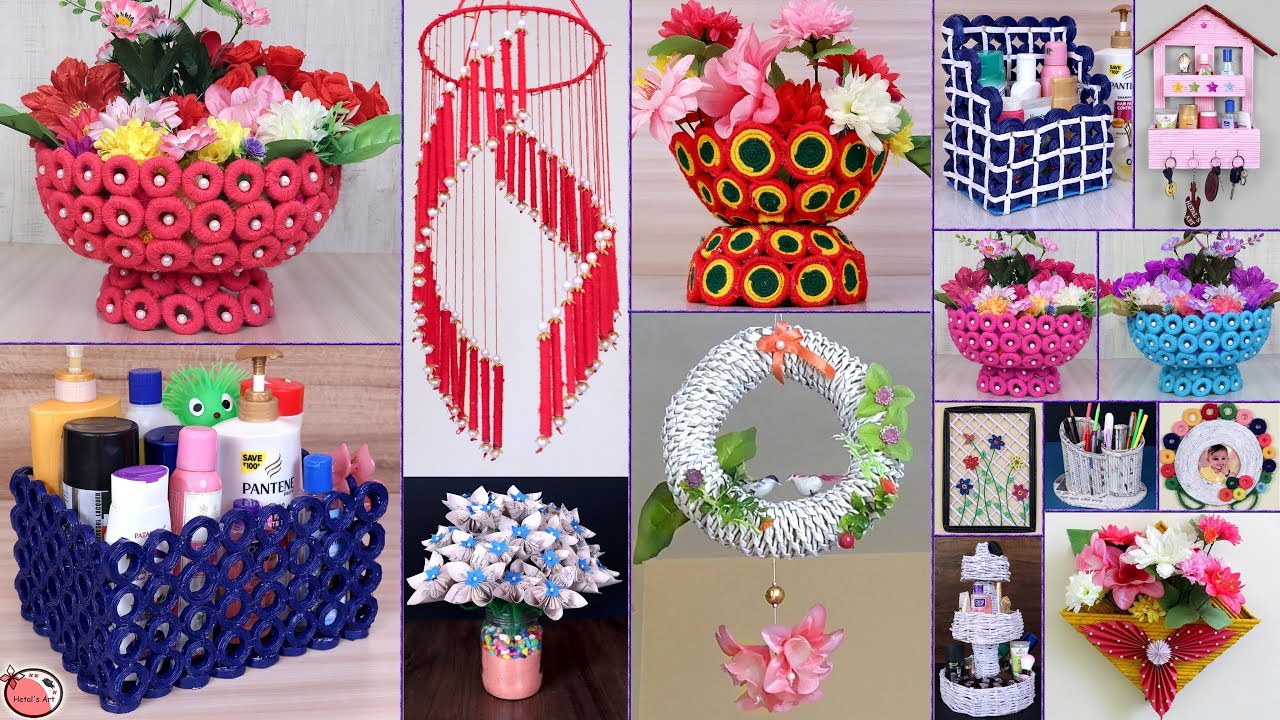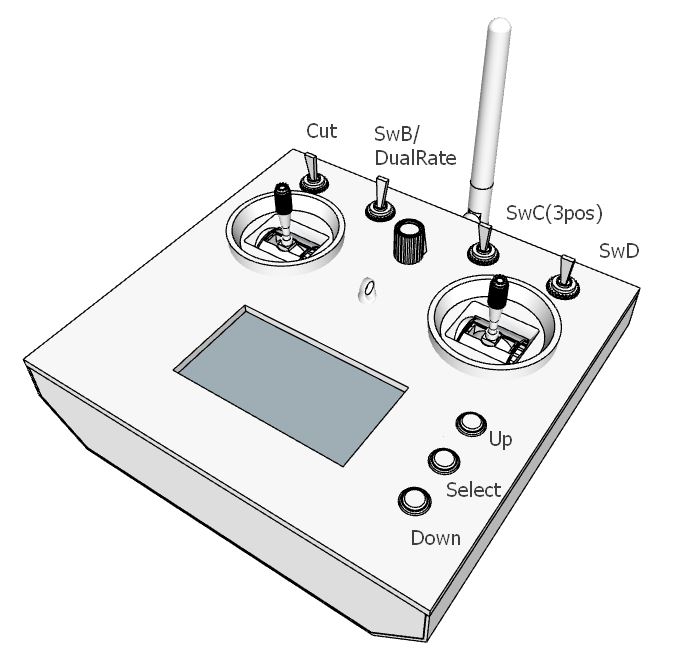
Preschool crafts for summer are great for young learners and are easy to make. They are great for early learning and beating the heat. Here are several ideas: Sun rays - make different colors and loop them together to create a three-dimensional look. Stick them to the back of the sun or to a wall for a fun effect. A hot air balloon can be made in papier mache. Make the base sturdy and add extensions. You can then have your preschooler add cutouts to the base and a helium in there.
Perfect for escaping heat
There are many free and affordable options for kids who want to escape the heat using preschool crafts. There are many places you can cool off outdoors or indoors. There are many options. You can visit a local park, library, or cave. Be sure to have the emergency supplies and equipment you need.

Great for early learning
Summer is a great time to incorporate preschool crafts into your preschool curriculum. You will find many crafts that will spark creativity and promote early learning for your child. Many of these projects are adaptable for home use. You can make a summer memory container. Children will love to look through the summer memories made by their preschoolers.
These crafts can be used by children as early learners. These are great for teaching your child how you want them to follow the directions. Some projects only require basic materials so they are great for young children. Others involve science lessons or learning about the summer season.
Recycling materials
Recycling materials can be a great source of creativity for preschool crafts. Children love creating with their hands. This project will give them the opportunity to explore different materials and create beautiful pieces of art. These activities are great for visual learners. They can create drawings of animals, plants, and other objects using different mediums. Recycled materials are a great way for both money and the environment to be saved. One great way to use recycled materials is to reuse old items. An example of this is old DVDs or CDs that can be used to make craft materials. Afterwards, students can use these items with chart paper and crayons to create beautiful and colorful pieces of art.

Preschoolers can learn a lot about reuse and sustainability by using recycled materials in their crafts. This way, they can see how their actions can help the environment and how they can minimize their own impact on the environment. Making recycling fun can make it a challenge for children.
FAQ
What does it cost to have a hobby?
The only thing that costs less than a hobby is time. If you're serious about it, however, it may take you many years to reach your goals.
But there is one thing that can help you. It's called "passion". If you have passion about something, it will make it easier for you to work hard.
After you've put in hours, you might become addicted. This is where the real joy begins. Because now you are doing something you enjoy, and you are getting better at it all the time. You will likely have seen a significant improvement by the end the year.
It doesn't matter how long it takes. You can just try it. You might be surprised by what you find!
What are some hobbies that you like?
Hobby Ideas for people who love to learn and teach others.
Hobbies can be a great way to have fun and learn something new.
While there are many types of hobbies available, most share the same characteristics. They're often fun and easy to do.
They often involve helping others, such as teaching an instrument to someone or building an airplane model.
You might not think about yourself as a teacher, but chances are there's something you could do to help someone else learn.
If you are looking to become more creative in your daily life, you might consider starting a hobby that allows you to share your talents with others.
What are educational hobbies?
An educational hobby is a activity that allows you to learn by doing it. This could be anything you want, such as playing sports or learning how to play an instruments.
The key thing is that it should be fun and enjoyable for you. You don't have to do it all the time, but if you find yourself getting bored, then you need to think about what else you could be doing instead.
You should also make sure that you are not spending too much money on these activities. It could end up costing your more than it's worth.
What are competitive hobbies?
Swimming, running, cycling, golfing and tennis are some of the competitive sports.
These games are often played by people who enjoy exercise but also offer the opportunity to interact with others.
You will probably find people around you who have the same hobby as you, if you are into physical activity.
This could mean joining a club, or group that meets regularly to do sports together.
You could also opt to take part in team games that involve playing alongside others.
These include football (soccer), cricket, rugby, netball, basketball, hockey, baseball, volleyball, badminton, squash, handball, and table tennis.
There are many types and levels of competition.
Some competitions may be held for pure recreational purposes.
Others are designed to test the skill of competitors.
Others are also designed to reward exceptional performance.
The winners are awarded prizes in these cases.
Other competitions test strength and endurance.
These are called endurance events.
For example, marathon races, triathlons, Ironman Triathlon, etc.
Athletes train hard before they compete in these events.
To prepare them mentally and physically, they will be following a strict training regimen.
They might also have to travel for preparation.
It is important to keep in mind that not all athletes can compete in every event.
How do I get started?
You must decide what hobby you want before you start any new hobby.
Once you have decided on your subject, passion is the key.
It is crucial to know why you want to pursue a hobby. This will help you to find your purpose and direction.
Once you've decided what type of hobby you'd like to pursue, you can begin planning.
Think about the equipment that will be needed.
Consider whether classes or seminars are necessary.
Make sure that you have enough space in your home for your hobby.
Consider joining a club, or group. These groups offer support and advice.
Think about how much you'd need to spend on your hobby.
What are good hobby ideas?
Your favorite hobbies are ones you enjoy. If you love what you do then you'll find it much easier to keep going. You'll also have an excuse when you're not feeling well or tired!
Our hobbies include painting, crafts, photography and cooking.
You could also consider volunteering at a local charity shop, animal shelter, children's hospital, hospice, elderly care home, school, community center, church, etc.
If you're looking to do something more adventurous, Take up skydiving or rock climbing, parasailing, parasailing and paragliding.
There are many other ways to spend time outside. These include caving, cliff diving, cave tubing, abseiling, sea kayaking, rafting, canoeing, climbing, trekking, bushwalking, mountaineering, backpacking, trail running, orienteering, off-road driving, quad biking, motorcycling, motorcycle riding, dirt bike riding, jet boating, hang gliding, hang gliding, parachuting, hang gliding, heli-skiing, ice skating, snowmobiling, snowshoeing, snowshoeing, cross country skiing, downhill skiing, telemark skiing, ski touring, sled dog racing, snowboarding, snowkiting, snowmobiling, spelunking, snowshoe hiking, snowshoeing and many more.
Is it possible make a living from a hobby?
Not necessarily.
However, it is possible to become wealthy by starting a business around your hobby.
Let's take, for example, that you love cooking. You love to eat healthy food, so you decided to open up a restaurant.
You serve only organic meals made from scratch and charge customers a small fee to cover the costs of ingredients and labor.
As you build your clientele, you eventually hire employees to help you.
Eventually, you expand your menu to include gluten-free options, vegan dishes, and desserts.
You've now created a profitable business that allows you to live the life you desire.
However, you don't have to quit your day job.
You could also run your restaurant, while still maintaining your 9-5 job.
Statistics
- Almost 80% of people claim to have no hobby. (hobbylark.com)
- Studies show that just six minutes of reading can reduce stress levels by 60 percent. (oberlo.com)
- In comparison, men in the “no humor” condition were refused 84.6% of the time and were only accepted 15.4% of the time. (time.com)
- Much of this decline reflects the fact that teens are less likely to work today than in the past; among employed teens, the amount of time spent working is not much different now than it was around 2005. (pewresearch.org)
- The intensity of the dialogue partners' bond at the end of the forty-five-minute vulnerability interaction was rated as closer than the closest relationship in the lives of 30 percent of similar students. (time.com)
External Links
How To
How to learn a musical instrument
There are many options for learning how to play the piano. You could attend a school, read a book, get lessons from someone who plays a musical instrument, or look at videos online. Here are some tips and techniques to help you learn if your goal is to create your own learning path.
-
Find something that interests your interest. If you don’t enjoy any of the instruments that you see, you might consider trying another one. If you don’t enjoy playing an instrument it will be hard for you to get into it.
-
Be patient. It takes time to learn something new. Don't expect to master everything right away. Instead, continue to practice each day.
-
Regular practice is important. You can do this even when it is hard. This will ensure that you won't forget what you learned.
-
You should choose a comfortable place to practice. Ideal is a quiet area where you don't have to disturb anyone else. Be sure to not distract others. Avoid loud music, for example.
-
Have fun. Music is meant to be enjoyed. It is important to have fun when practicing. Enjoying yourself will motivate you to continue going at it.
-
Set goals. You will know what you need to do if you have goals. Failure is not an option.
-
Keep track of your progress. Keep track of all your successes and failures. You will be able to improve your skills over time by writing down all of your achievements and failures.
-
Take breaks. Sometimes it is enough to just stop and think. Taking breaks will give you time to think about things.
-
Ask questions. Ask for help if you are unsure or have questions about certain aspects of the instrument. They may be able help you.
-
Listening is the best method to learn. Many musicians love to listen to and imitate songs. This helps them understand basic concepts behind the song.
-
Read books. Lessons learned from books are more valuable than videos and classes. Books contain information you will not find anywhere else.
-
Join a band. You will be able to practice more when you play with others. Plus, it will be easier to meet people with similar interests.
-
You can watch tutorials. Tutorials are brief videos that cover a variety of topics in great detail. These videos usually focus on one specific aspect of the instrument. Tutorials can be helpful in understanding difficult parts of an instrument.
-
Try different methods. Some people learn best by reading, while others prefer lectures. You can experiment until you discover what works for you.
-
Practice makes perfect. Nobody becomes an expert overnight. You must work hard to become proficient enough to do well.
-
Get along with other musicians. Listening to others play your favorite songs can help speed up learning.